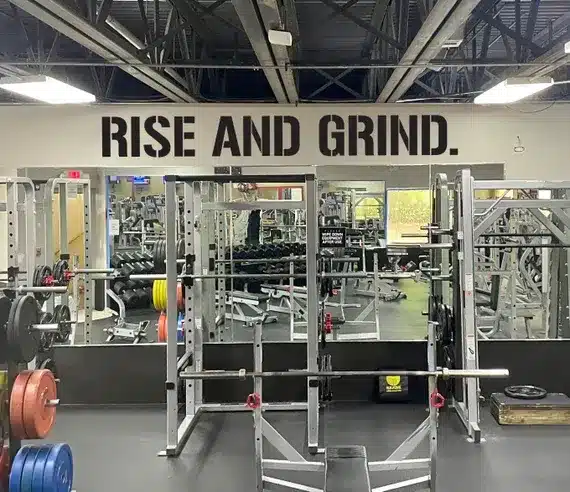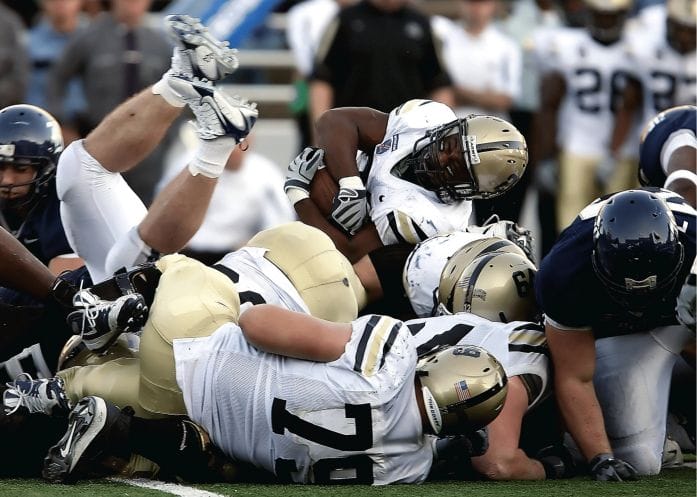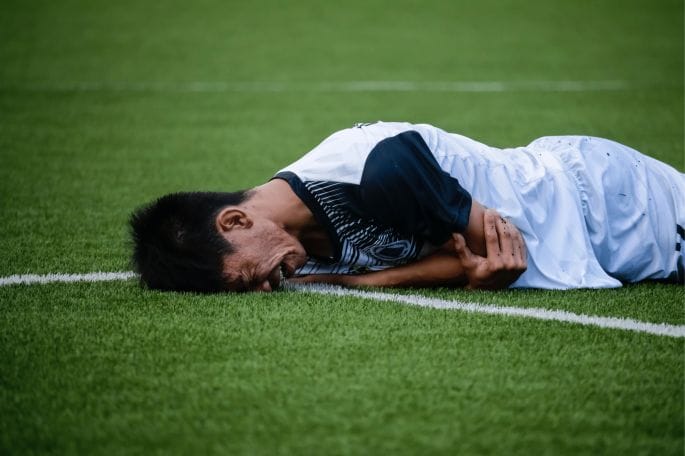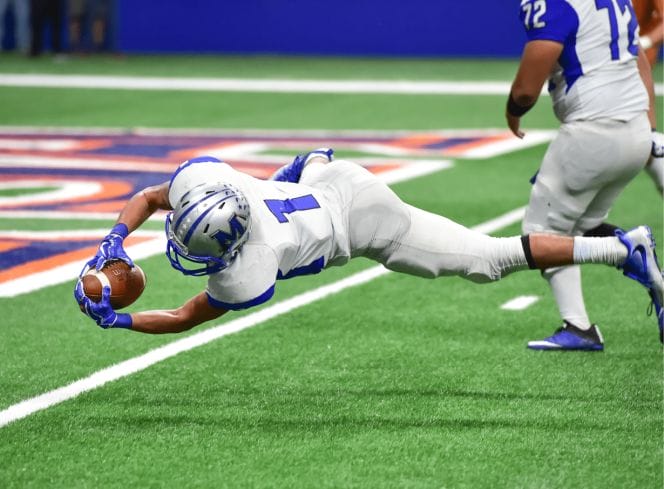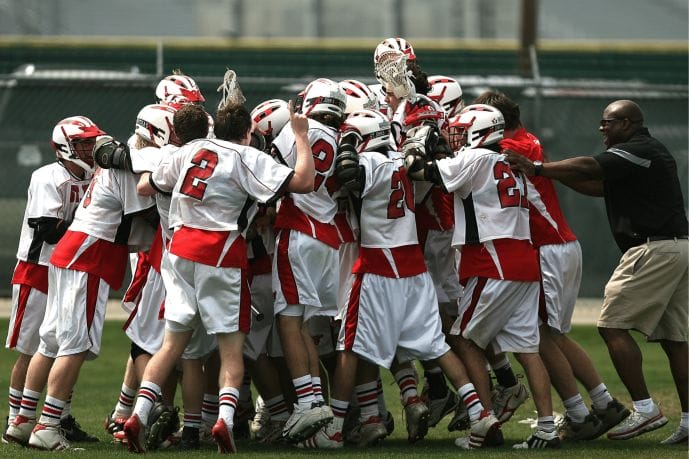In the realm of sports, there exists a concept that has been perpetuated with unwavering devotion—the “grind” culture. This culture places a premium on the idea that success in sports is inseparable from the ability to endure relentless hardship. Today, we’ll dissect the negativity associated with this concept, relying on scientific references to shed light on the fallacies of the “grind” culture.
The Illusion of “No Pain, No Gain”
Let’s begin with the well-worn mantra: “No pain, no gain.” While it’s undeniable that consistent effort is a prerequisite for athletic excellence, the notion that success hinges solely on one’s ability to endure physical agony is, to put it bluntly, misguided.
Scientific studies have shown that a balanced training regimen, which includes adequate rest and recovery, is crucial for optimal performance and injury prevention. A 2017 study in the Journal of Strength and Conditioning Research revealed that overtraining can lead to a higher risk of injury and decrease an athlete’s overall performance capacity. So, while pushing boundaries is essential, embracing unnecessary pain may do more harm than good.
The Burnout Epidemic
One of the pernicious consequences of the “grind” culture is the prevalence of burnout among athletes. When individuals are perpetually subjected to intense training without commensurate recovery, physical and mental exhaustion becomes inevitable.
A study published in the British Journal of Sports Medicine in 2019 found that burnout in athletes is associated with a range of detrimental outcomes, including diminished performance, increased injury risk, and mental health issues. This raises a pertinent question: Is it truly virtuous to push athletes to the brink of physical and emotional exhaustion in the name of the “grind“? It’s a fine line between performance and injury but work for the sake of work is unnecessary.
Unrealistic Expectations
The “grind” culture fosters unrealistic expectations, particularly among young athletes. Many are encouraged to specialize in a single sport from a young age, sacrificing their time and diverse experiences in pursuit of future success. Yet, scientific evidence underscores the importance of varied physical activities and overall development in young athletes.
Research published in the journal Sports Health in 2017 emphasizes that early specialization can lead to overuse injuries and psychological burnout. It’s worth asking if the relentless grind towards a singular goal is the most prudent path for young athletes to follow.
The Neglected Mental Health Component
Mental health is a critical facet of an athlete’s overall well-being, yet the “grind” culture often sidelines it in favor of physical prowess. Scientific research has repeatedly demonstrated the interconnectedness of mental and physical performance.
A study published in the journal Sports Medicine in 2020 underscores the importance of addressing mental health concerns in athletes, as psychological distress can significantly impact performance and recovery. Ignoring this aspect of an athlete’s life is not only counterproductive but also unfounded.
A Balanced Approach: The Antidote to the Grind
In conclusion, while hard work and dedication remain indispensable elements of sports, the “grind” culture’s emphasis on suffering and sacrifice as the sole path to success is not substantiated by scientific evidence. It’s high time we acknowledged that a balanced approach—one that values recovery, mental health, and a diversified skill set—is not only more sustainable but also aligned with scientific wisdom. Ultimately, success in sports should be a journey that fosters well-rounded athletes who thrive both on and off the field.

